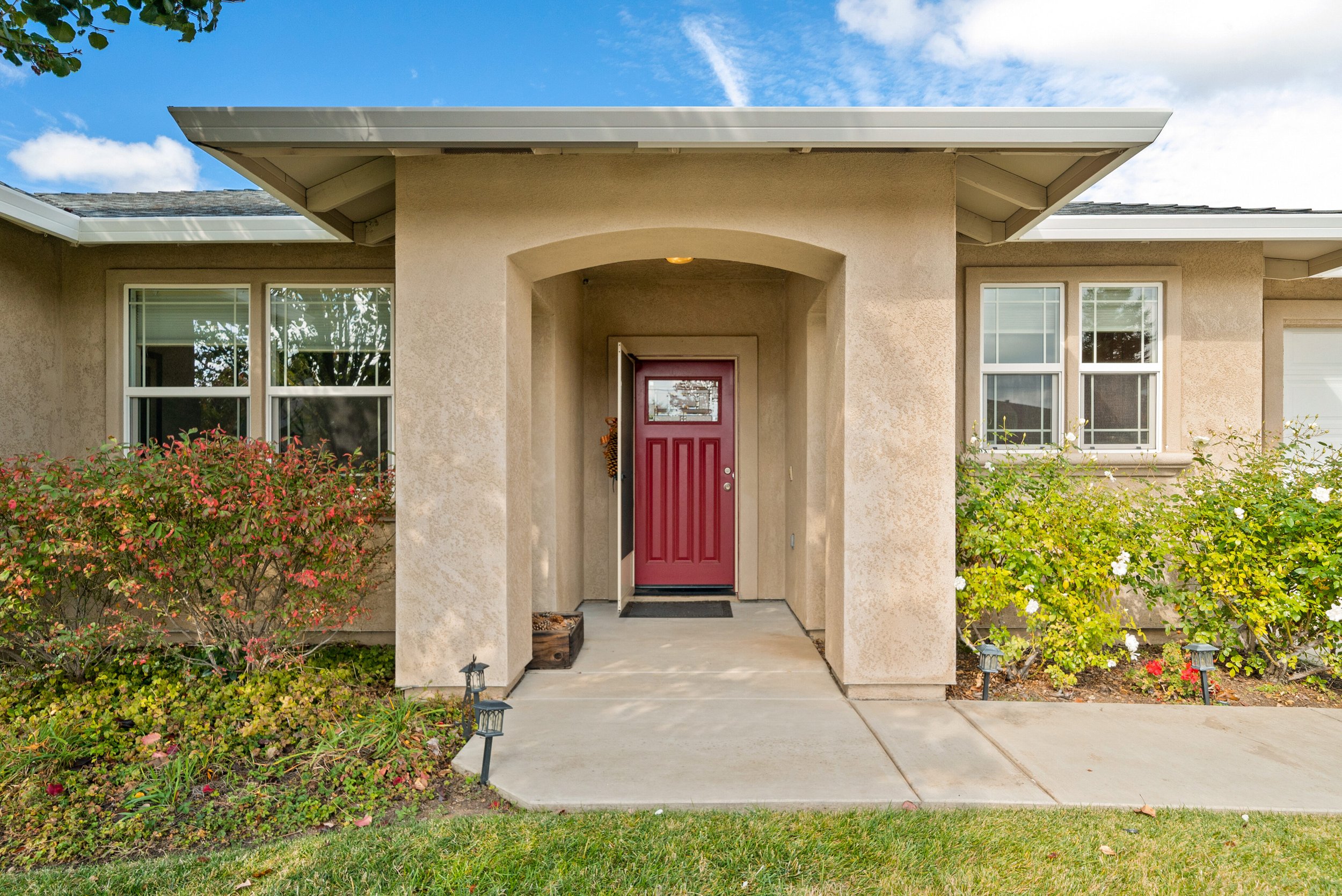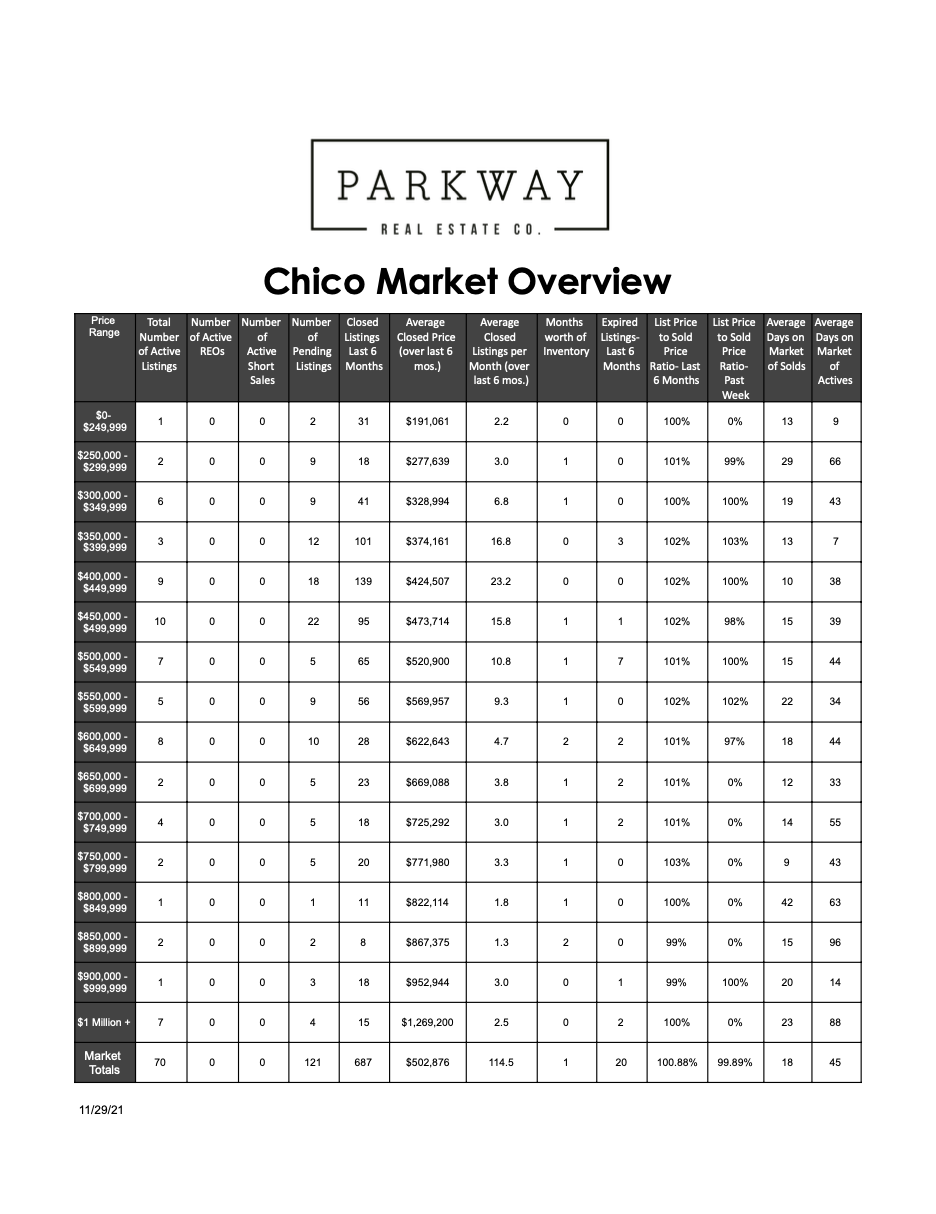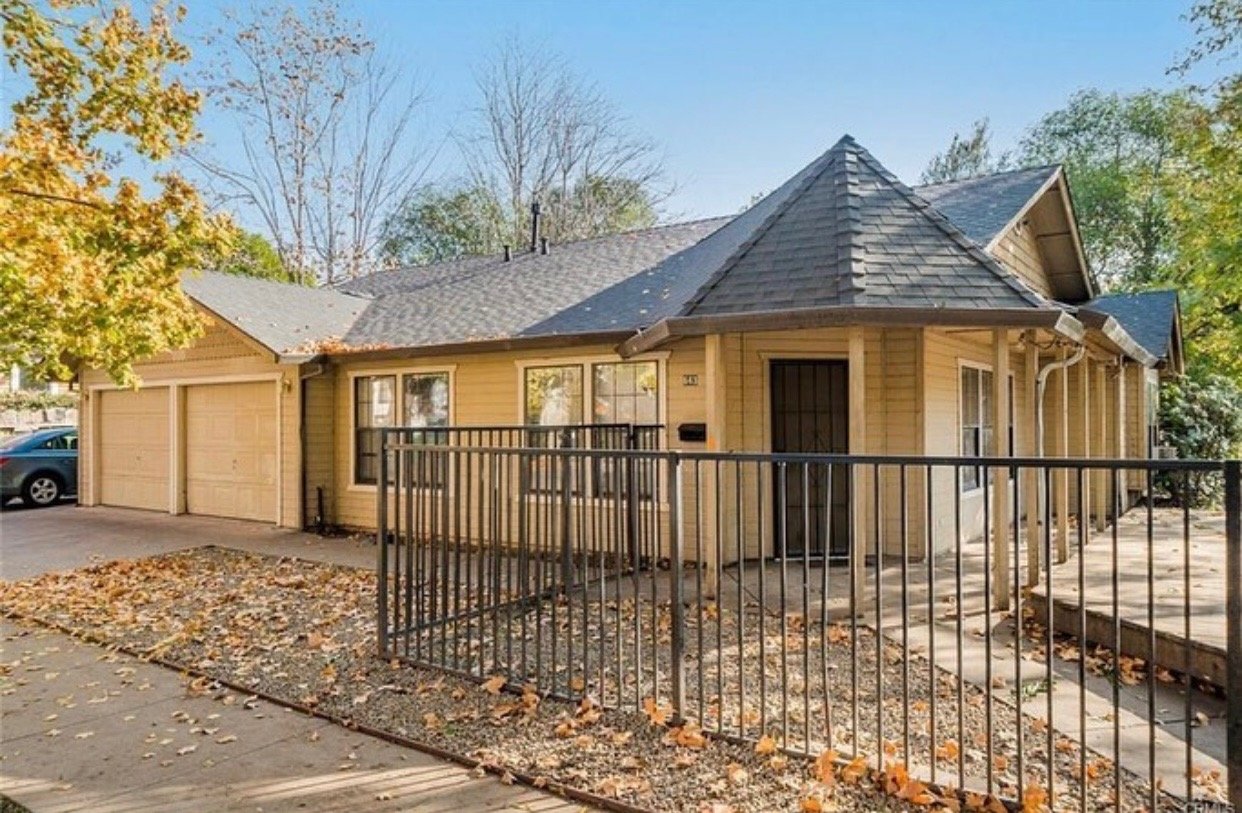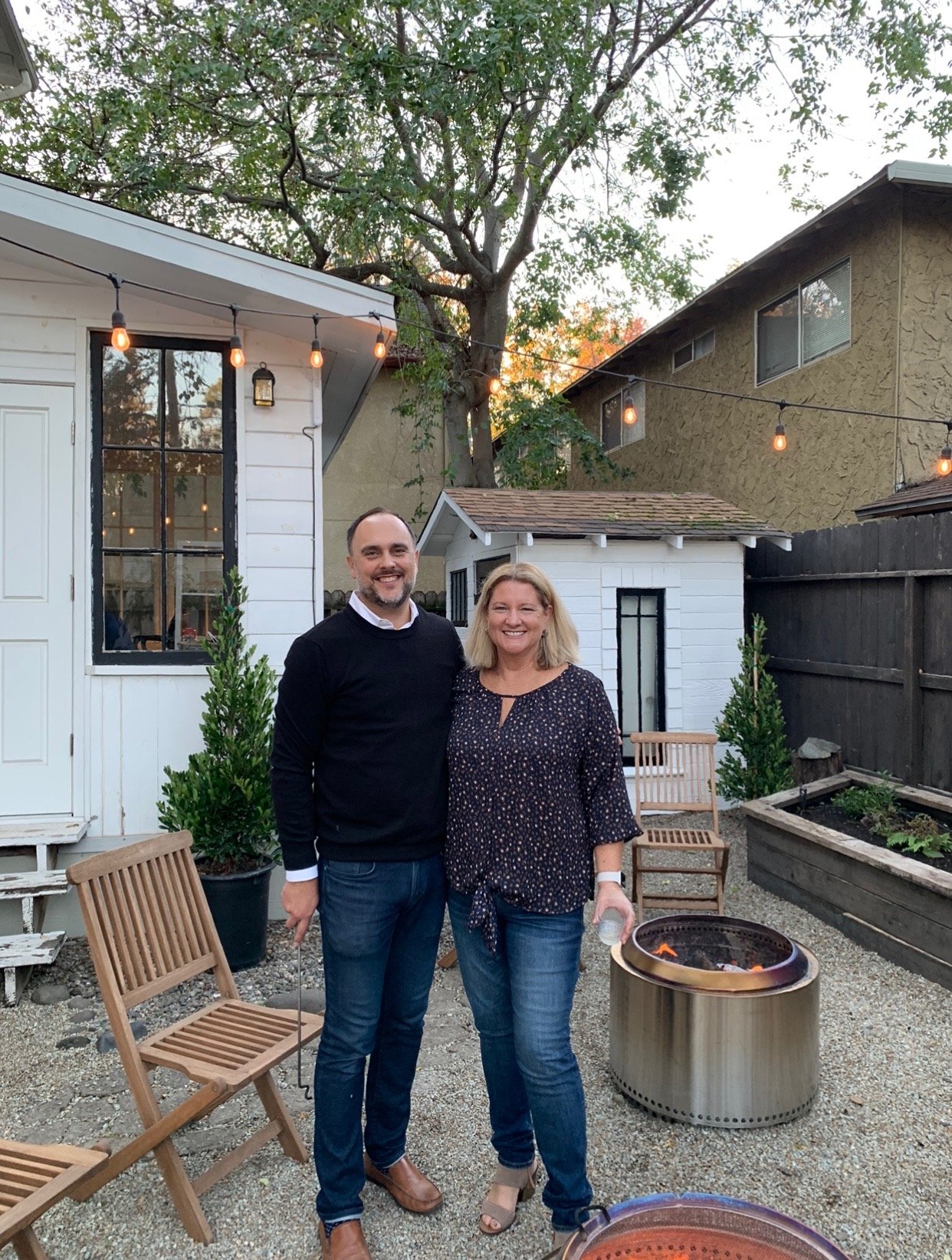

Photo Credit: @clavtron with @homenthusiast
Real Estate December 2021
Parkway Real Estate Co. was founded to bring a fresh and personalized approach to the process of buying and selling real estate. Our clients receive a hands-on advocate who partners with them throughout the process. While we will do all the hard work, it does not hurt to know the basics and familiarize yourself with some vocabulary you may hear along the way. We have created a list of 15 common real estate terms you may come across to help keep you more informed along the way.
-
As-is
When a property is marketed with “as-is”conditions this typically indicates that the seller will not perform any repairs. These listings are sometimes offered at a price seemingly below the market value to offset necessary repairs.

Pending 6271 Jack Hill Drive
2. Closing Costs
An assortment of fees associated with the sale or purchase, including fees charged by any of the following: a lender, the escrow and title company, insurance companies, homeowner’s associations, government agencies, taxing authorities, real estate agents, and any other related closing companies. These incurred costs are typically collected and paid through escrow when the real estate transaction is closing.
3. Due Diligence
A due diligence period of time may be put into place in the purchase agreement. This is a agreed upon period of time provided to a buyer to better examine the property. During this timeframe, experts may be hired to inspect the property, perform tests and so forth. Based on the findings during such examinations the buyer may decide to proceed with the purchase as agreed or choose to request repairs from the seller or renegotiate.

Active Under Contract 2357 Tiffany Way
4. Escrow Holder
The escrow holder is an impartial third-party member, the agent and depositary. The escrow holder collects the money, documents, written instruments, personal property, or other valuable things until the completion of specified events, timelines, or the performance of described conditions—typically all set forth in mutual written terms accessible by both parties involved.
5. Conventional Sale
Conventional or “standard” sales occur when the property is either outright owned—meaning no mortgage remaining—or when the owner owes less on their mortgage than what market reports indicate the property is worth and could be sold for. Conventional sales are typically smoother transactions than non-conventional sales such as foreclosures, short sales or probate halted sales.
6. Land Lease
In a traditional perspective, when an individual purchases a home, that individual owns the home and the land the home is built on. Some conditions could be put into place that involve a land lease, meaning you own the home, yet pay rent to the landowner for the land the home is on. While common in some areas land leases are uncommon in our area.
7. Subject to Inspection
Subject to inspection may also be referred to as “submit offers subject to inspection.” These terms mean that the seller will not allow the property to be viewed without an accepted offer in place. This is typically done due to privacy concerns of the occupants, or uncooperative tenants and is mostly seen in income property listings. Buying a property sight unseen can be a daunting task, however, it is not as bad as it seems, under standard purchase contracts. Such contracts can include inspection periods, where you can typically cancel the sale without a penalty.

Pending119 Gooselake Circle
8. Short Sale
A short sale means that the property is being sold for less than the debt secured by the property. Short sales require the approval of the seller’s lender or lenders. This is because the proceeds of the sale will be “short” of the amount owed. This process of approval is typically long and drawn out, requiring more time than that of a traditional sale and do not always result in a sale.
9. Tenancy in Common
A type of joint ownership of a property can be described as a tenancy in common. Whether a single family property or a commercial building, the tenants in common all own the property—perhaps in different ratios.

Pending2153 Eagle Meadows Drive
10. Preliminary Report
A preliminary report is a tool that reveals any issues with a title that need to be met by the seller in order for a clear title to be delivered. Preliminary reports provide details on ownership history, liens, and easements. This report can be obtained by a title company who searches through existing property records at the county record office. Additionally, this report is required for a title insurance company to be able to issue a title insurance policy.
11. Hard Money Loan
Hard money loans provide a way to borrow without using a traditional lender. With hard money loans, the lenders finance the loan based on the property at hand–typically not your credit score. However, these loans usually require a large down payment and a short repayment schedule.
12. Seller Disclosure
The seller’s disclosure is a form submitted by the seller and contains information about the property which may affect a buyer’s decision to purchase the property. This form should be completed to the best of the seller’s knowledge and also indicate items that are not specific to the property but related to the enjoyment of the property. A potential buyer would want to know about major construction projects in the area, pest problems, property line disputes, items in need of repair, legal issues, military base related activities or noises, and so forth.
13. Proof of Funds
Upon making an offer, a seller will require you to submit proof of your funds. If buying a property with a mortgage, it then shows that you have the cash available for the down payment and closing costs. If you chose to present an all cash offer, your proof of funds will provide evidence that you do in fact have enough money to complete the purchase. Proof of funds can be established through original or online bank statements (with bank letterheads), copies of money market account balances (with bank logos or letterheads), certified financial statements such as cash flow or income statements (signed by an accountant), or through open equity lines of credit.

Pending865 E 6th Street
14. Earnest Money Deposit
Earnest money deposits or EMDs, are sometimes referred to as “good faith deposits.” Sellers typically ask for earnest money deposits to be made by their buyer once an offer has been accepted. These deposits show that the potential buyer is serious wants to continue moving forward with the purchase of the property. Earnest money deposits are usually between 1 and 3 percent of the sales price—the deposit is then often held by the escrow company until closing and credited towards the purchase.
15. Principle
The principal balance of a mortgage loan is the amount that is owed to the lender—not including the interest. Buyers pay the principal plus the interest each month, which is typically calculated on a daily basis for most loans. Payments almost always go towards interest first, then towards the actual principal itself.
Market Updates

The Total Market Overview…
As the leading independent real estate company in the Sierra North Valley MLS, we sell real estate in Butte County, Glenn County, Tehama County and Plumas County.
NEW Listings

New Listing 643 W 6th StreetListed by @BarrosoRealEstateTeam DRE#01434090

New Listing1826 Locust StreetListed by @Baird_Real_EstateDRE#01936985

New Listing5432 State Highway 147Listed by @loriakersrealestateDRE#01081260
Parkway Real Estate Co.
Founded in 2017 by John Barroso and Lori Akers. John started with his team of 3 agents and Lori started with her trusted friend and fellow agent, Belle Fricke. Together they built the successful brokerage we known today as Parkway Real Estate Co.

Meet Our Brokers
& the 30 agents behind our successful transactions…
